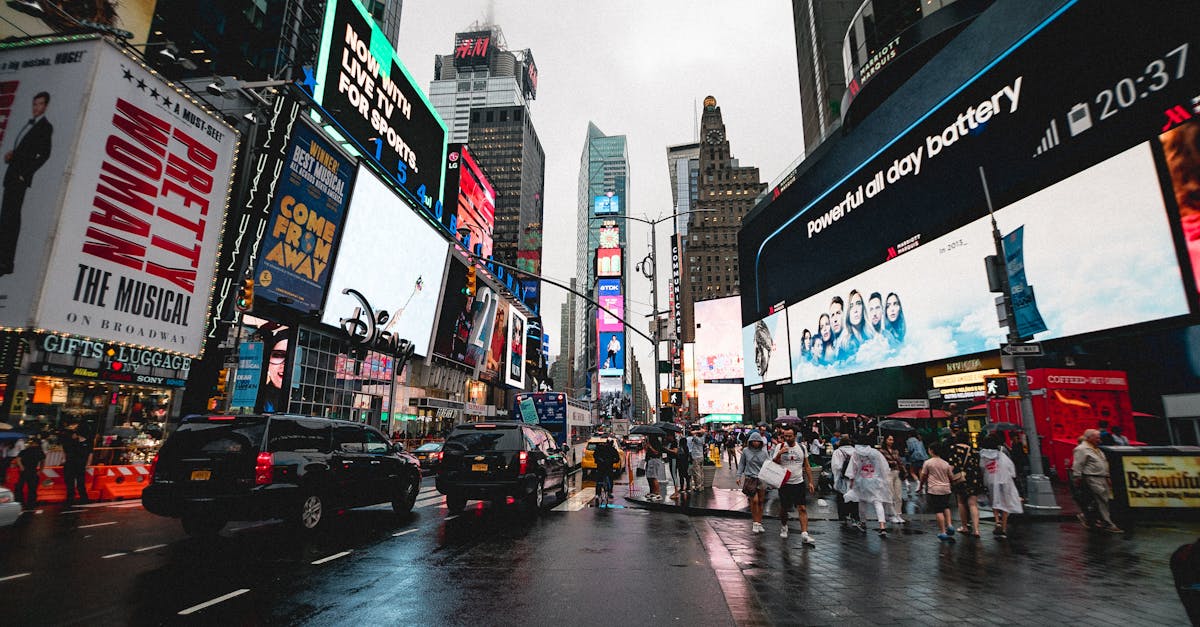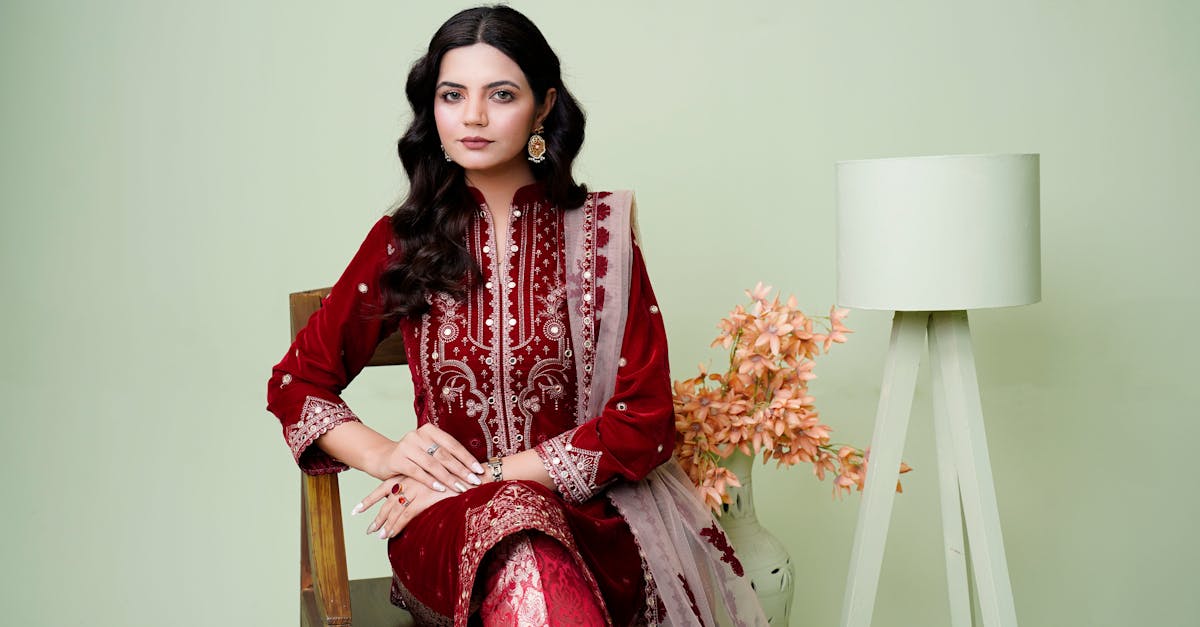Mindful Fashion Evolution: A Shift Towards Sustainable Style
Introduction to Mindful Fashion
In recent years, the focus on sustainable and mindful fashion has taken center stage, challenging traditional fashion practices. As the fashion industry faces scrutiny over its environmental and ethical impacts, a shift towards mindful consumption is increasingly prominent. Mindful fashion emphasizes sustainability, ethical sourcing, and conscious consumer behavior, offering a fresh perspective on style. Consumers are becoming more aware of the lifecycle and footprint of their clothing choices, seeking brands that reflect their values. This growing trend is fostering innovation within the industry, as designers and companies work to meet evolving demands. The journey of mindful fashion is one of transformation, seeking to harmonize style with sustainability.
Advertisement
Understanding Mindful Fashion
Mindful fashion is a movement prioritizing sustainability, ethics, and environmental responsibility throughout the fashion cycle. It seeks to address the significant waste and pollution traditionally associated with the industry, promoting thoughtful and deliberate consumption. This approach often involves using eco-friendly materials, fair labor practices, and waste minimization strategies. Brands in this sphere are transparent about their sourcing methods, helping consumers make informed choices. Mindful fashion also advocates for timeless, quality pieces that discourage fast-fashion's disposable culture. As consumers become more educated on fashion's impact, mindful choices are becoming an integral part of personal and global style narratives.
Advertisement
The Shift Towards Sustainable Materials
A core facet of mindful fashion is the transition to sustainable materials, an evolution driven by environmental and consumer pressures. Traditional textiles like cotton, though popular, are immensely resource-intensive, necessitating a shift to alternatives like organic cotton, hemp, and Tencel. These materials offer reduced environmental footprints, requiring less water and fewer chemicals to produce. Furthermore, recycled and upcycled fabrics are gaining popularity, diverting waste and promoting circular fashion systems. The innovation in materials is not just beneficial for the planet but is also giving rise to unique textures and aesthetics, providing an exciting challenge for designers to navigate and explore.
Advertisement
Ethical Sourcing and Fair Labor Practices
Mindful fashion emphasizes ethical sourcing and fair labor practices, confronting the often-overlooked human aspect of the industry. Fashion brands are being held accountable for workers' rights, ensuring safe and equitable working conditions across supply chains. The concept encourages companies to develop closer relationships with producers, fostering fair wages and the empowerment of workers. Transparent practices also extend to animal welfare, with cruelty-free and vegan-friendly options gaining traction. These ethical considerations enhance brand credibility and appeal, aligning businesses with consumers' growing expectations for responsibility and fairness in all aspects of production.
Advertisement
Innovations in Sustainable Fashion Design
Innovation is at the heart of mindful fashion, driving industries to rethink traditional design processes. Sustainable fashion is not just about materials but also about creating versatile and adaptable pieces. Designers are embracing creativity, producing modular, reversible, and gender-neutral clothing options that enhance value and utility. Advances in technology are also enabling the creation of fabrics with unique properties, such as odor resistance or increased durability, reducing the need for frequent washing and replacement. This innovative approach is transforming sustainable fashion from a niche market into a mainstream movement, showcasing that style and eco-friendliness can coexist.
Advertisement
Consumer Behavior and Conscious Choices
Consumer awareness is pivotal in the rise of mindful fashion, shaping the industry's trajectory through conscious purchasing patterns. With access to information, consumers are scrutinizing brand values, production methods, and environmental impacts before making purchases. This information empowers consumers to support brands aligning with their ethical and environmental ideals. Furthermore, second-hand marketplaces and clothing rental services are gaining popularity, promoting consumption cycles that minimize waste. The purchasing decisions of consumers are significantly influencing market trends, as brands recognize the demand for transparency and accountability in fashion.
Advertisement
The Role of Technology in Fashion
Technology is a formidable driver in the evolution of mindful fashion, providing innovative solutions for sustainability challenges. 3D printing and digital tailoring are streamlining production processes, minimizing waste, and cutting resources used. Blockchain technology, with its ability to enhance transparency, is being explored to verify supply chain authenticity and ensure ethical practices. Artificial Intelligence (AI) is also playing a crucial role in optimizing retail experiences, predicting trends, and reducing overproduction. As technology continues to advance, its integration within fashion is expected to deepen, further supporting sustainable and efficient practices.
Advertisement
Challenges in Implementing Mindful Fashion
Transitioning to mindful fashion isn't without its hurdles, as the industry faces various economic and structural challenges. Sustainable materials and processes can be costlier, limiting accessibility for budget-conscious consumers. Moreover, the existing infrastructure is heavily geared towards fast fashion, necessitating significant investment to pivot towards sustainable systems. Resistance to change within industry giants also poses a challenge, as shifting established practices requires time and commitment. Nonetheless, overcoming these barriers is essential for long-term benefits, encouraging innovation, and aligning economic growth with environmental stewardship.
Advertisement
Retailers and Mindful Fashion
Retailers play a pivotal role in advancing mindful fashion, as they bridge the gap between consumers and producers. By integrating sustainable and ethical products into their offerings, retailers can influence consumer behavior on a large scale. This change, however, requires an overhaul of traditional marketing strategies, highlighting the story and sustainability behind each product. Retailers are increasingly adopting eco-friendly practices in their operations, such as reducing packaging waste and implementing recycling programs. Engaging in educational campaigns can also foster consumer loyalty, as shoppers increasingly seek brands that prioritize transparency and accountability.
Advertisement
Conclusion: The Future of Mindful Fashion
The mindful fashion evolution marks a significant paradigm shift in the industry, transforming consumer expectations and production standards. It calls for a balanced relationship between aesthetic and ethical considerations, fostering a future where style and sustainability go hand in hand. Though challenges remain, the momentum towards eco-friendly practices is undeniable, driven by technology, consumer awareness, and innovative design. The path forward will require collective effort, focusing on collaboration to address pressing environmental challenges. As mindful fashion continues to influence modern style, it promises a more responsible and vibrant future for the industry, reinforcing the notion that fashion can indeed be a force for good.
Advertisement








